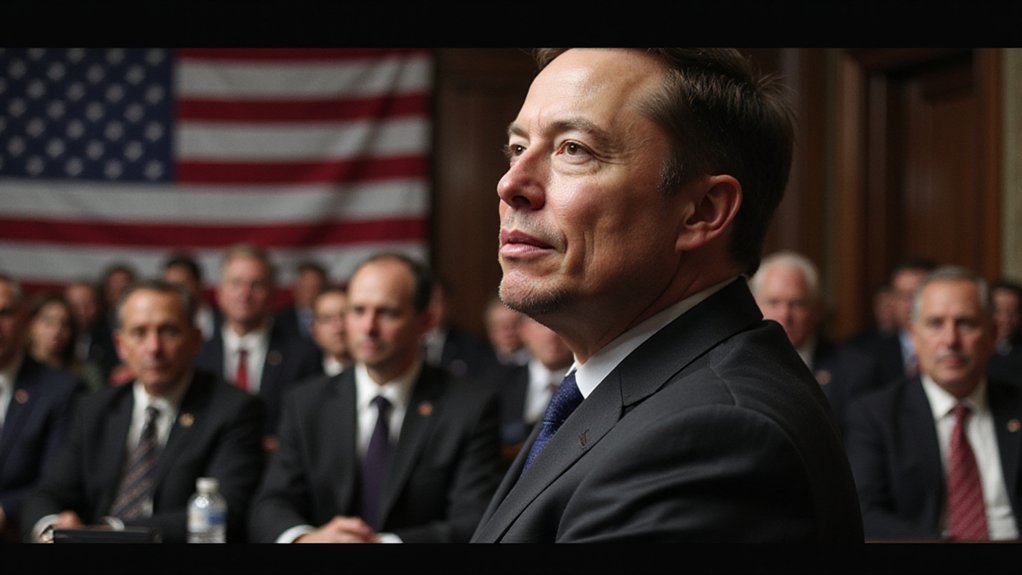In an era where billionaire tech founders increasingly pivot from disrupting digital discourse to disrupting personal wellness, Jack Dorsey—the enigmatic co-founder of Twitter who once championed the democratization of global conversation—has emerged from his post-Twitter exile with Sun Day, a deceptively simple app that promises to optimize humanity’s oldest relationship: the one with sunlight itself.
The fundamental question surrounding Sun Day isn’t whether it represents another Silicon Valley solution in search of a problem, but rather how extensively it monitors user behavior. The answer proves invigoratingly analog: it doesn’t. Unlike the passive surveillance architecture that defines modern health applications, Sun Day operates on a radical premise of user agency, requiring manual input for sun exposure logging rather than employing the typical battery of sensors, GPS tracking, and behavioral pattern recognition that characterizes contemporary wellness platforms.
Sun Day’s radical premise: trusting users to self-report rather than automatically surveilling their every outdoor moment.
This approach represents either profound naivety or strategic brilliance. Users must actively record their outdoor activities, clothing choices, and exposure duration—transforming the app from digital overseer into collaborative tool. The system combines these manual entries with real-time UV index data and user-specified skin type selections (among six standardized categories) to generate personalized Vitamin D synthesis estimates and burn risk calculations.
The privacy implications prove correspondingly modest. While Sun Day requires location data for UV index accuracy and collects basic demographic information for algorithmic personalization, it eschews the thorough behavioral mapping that defines its competitors. The app’s open-source availability on GitHub further suggests transparency over data monetization—a invigorating departure from the traditional surveillance capitalism model. However, like most digital health applications, Sun Day faces scalability issues as user adoption increases, particularly in processing simultaneous location-based UV calculations across different geographical regions.
Currently available through Apple’s TestFlight beta program, Sun Day targets a surprisingly underserved demographic: individuals seeking to optimize Vitamin D production without succumbing to UV damage. The application calculates “burn limits” and tracks daily accumulated exposure, particularly benefiting those in higher latitudes where sunlight efficiency diminishes considerably. The development leveraged AI-assisted development tools, including Goose, created by Dorsey’s team to streamline the coding process.
Whether this represents Dorsey’s genuine commitment to wellness democratization or merely another tech billionaire’s expensive hobby remains unclear. What’s certain is that Sun Day’s approach to user privacy—trusting individuals to self-report rather than automatically surveilling their outdoor habits—feels almost revolutionary in today’s data-harvesting landscape. The app’s launch follows closely behind the peer-to-peer messaging platform Bitchat, released just one week earlier, demonstrating Dorsey’s continued experimentation with alternative communication technologies.







